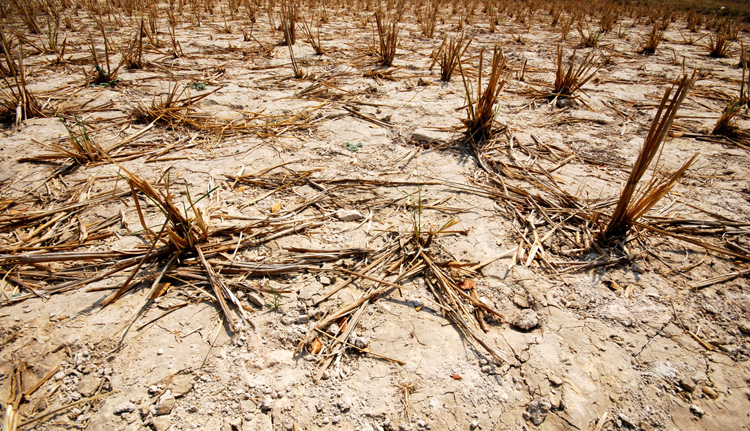Our ground is heavy weald clay which tends to hold the moisture longer than some lighter soils. This is helpful in seasons such as this with light rainfall and hot drying winds. The crops until last week, were still growing but are turning fast and need to be watched.
It is difficult to assess how they will yield this harvest. They have looked well and despite the late spring they caught up and looked remarkably healthy. Until the grain is safely in the barn, hopefully below 15% moisture, we cannot be sure how many tons we will have to sell.
I have hedged my bets again and pre sold some wheat at £130/t, put some into a pool which should better this, and the rest I shall take a chance on later in the year on the spot market, in the hope the price will improve during the winter months. Mind you I was firmly told last week that £120-£130 is now the optimum price for wheat, and we had better get used to it! A depressing thought but this particular ‘guru’ is generally right.
When prices are stubbornly low, we do our best to increase the yield, but in recent years, in general they have not increased. Prior to the 1970s a good yield was around 2.5 tonnes per acre. Then in the days of ICI and Fisons introducing fertilisers and pesticides, wheat yields shot up to 4 tonnes, where they have stuck ever since. In fact it has been argued that yields have gone backwards as the average yield today is a little over 3 tonnes per acre.
Our soils are our biggest and most important investment, and how we keep it healthy is vital. We need to constantly improve the biology of the soil to ensure the nutrients are available to the growing plants. We regularly monitor and sample the soil, use minimum tillage cultivations to ensure the top layer is kept healthy and alive with bacteria and fungi, which work symbiotically with the plant roots to release the nutrients.
We also keep the soil balanced and healthy by growing nitrogen fixing break crops, applying Farm Yard Manure, slag, Bio-Mulch, Humic Acid and Seaweed. We are convinced that by feeding our soil we are investing in the future of the farm.
For the past 50 years or so arable farmers have been farming chemically, we were encouraged to apply lime regularly, and use high rates of N P & K. The practise was to bury the top layer of soil each year with the plough, thus burying the worms, micro-organisms and organic matter.
For the past 20 years or so many farmers have altered their soil management programme. We have transformed our soil from heavy brick making weald clay into a far more loamy, manageable and healthy soil, with a high worm count, better drainage, more nutrients and trace elements being made available to the growing plants. The soil science has made a marked difference and our yields and cultivations have reflected this.
There is in the long run a need to increase crop yields as the world population grows. However unless more land becomes available, this is unlikely as there is a trend for soil quality to diminish due to a multitude of reasons.
Hugh Grant, the Scottish-born chief executive of US corporation Monsanto, said recently when promoting his firm’s bid to take over European chemical giant Syngenta, “We (the people of the world) are one bad spring or one dry summer away from having a food shortage again”.
As David Richardson mentioned in his column in the Farmers Weekly, “If I was in a position of ultimate power, I would be seeking to build strategic stocks of staple foods, such as grains, to be released when that happens. It could help stop another war that could start because of food shortages”.
It is obvious that there is a fine balance between over and under supply of staple foods globally. With the world population predicted to be around 7.7 billion, chaos could erupt worldwide with water shortages and excesses causing flooding, natural disasters and the increasing threat from Putin and the Russian bear.
Putin is now recruiting thousands of extra troops, we should be very wary and watchful. I would hazard a guess this is not just a ploy to reduce Soviet unemployment.
Carola Godman Irvine


 RSS Feed
RSS Feed